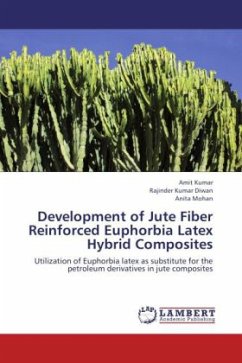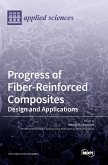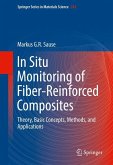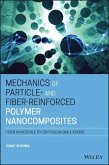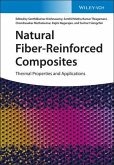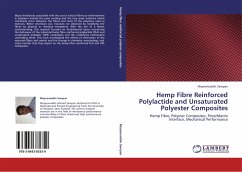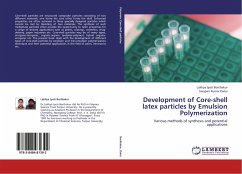In order to find viable alternative to petroleum based raw materials, Euphorbia coagulum modified unsaturated polyester and polystyrene waste respectively has been used as hybrid matrix for developing jute fiber reinforced composites. Jute composites have been flame retarded using non halogen based flame proof additives. Collection and coagulation techniques of Euphorbia latex and its characterization has been explored and jute composites have been studied in detail for their physical, thermo-mechanical properties, smoke density, LOI, biodegradation properties and moisture content. Euphorbia jute composites have also been compared with normal hardboard as per IS:1658 and observed as strong alternative for wood and glass reinforced composites in many applications such as automotive, building and construction with high renewable content. Utilization of latex collected from Euphorbia (cactus like) plant and use of polystyrne waste in making composites have also opened new scope to generate employment and economic growth for rural India besides providing a viable, renewable and sustainable alternative for the petroleum based resin in composite development.
Bitte wählen Sie Ihr Anliegen aus.
Rechnungen
Retourenschein anfordern
Bestellstatus
Storno

